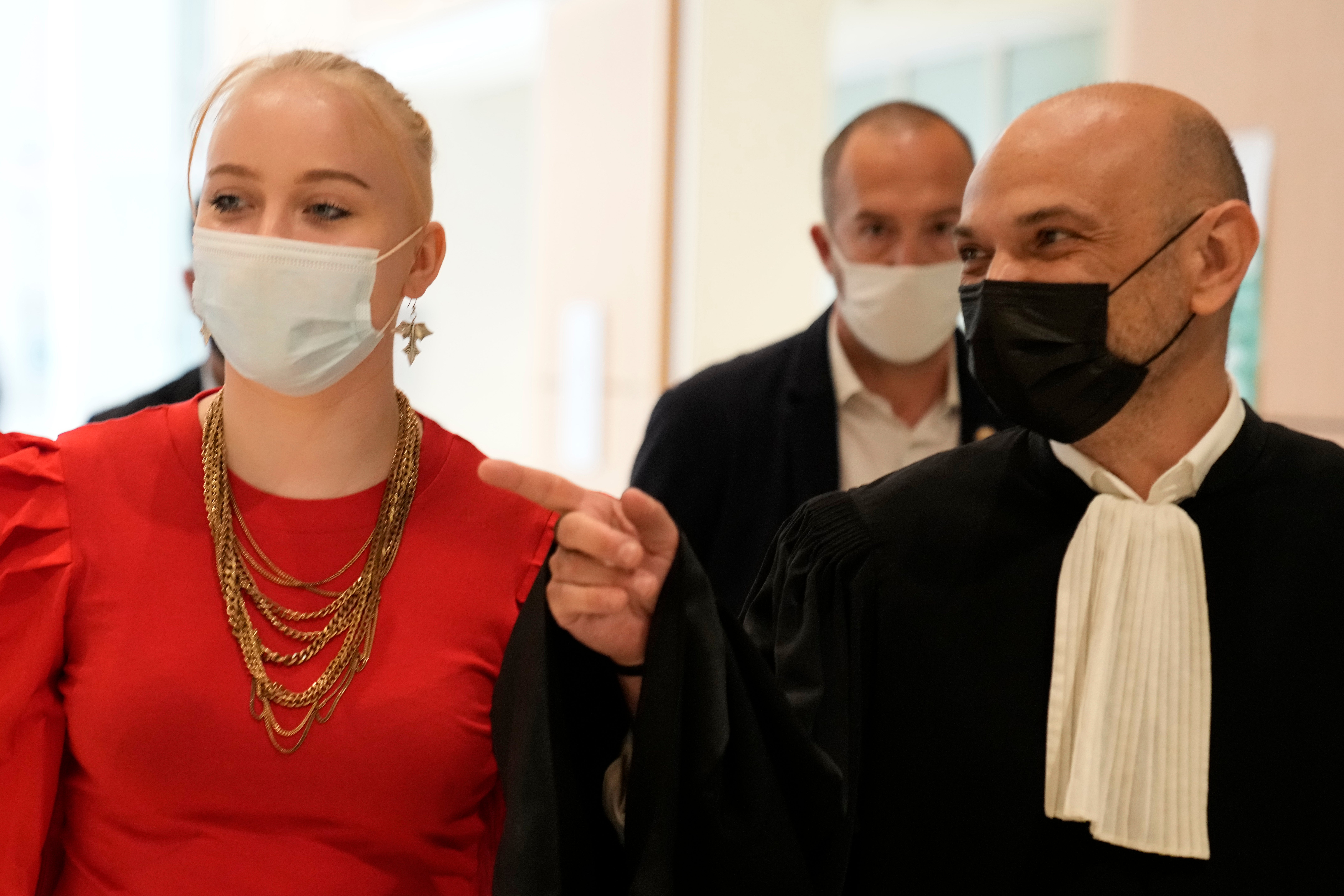France: 11 convicted of cyberbullying teen who slammed Islam
A French court has convicted 11 of 13 people charged with harassing and threatening a teenager who harshly criticized Islam in online posts and ended up changing schools and receiving police protection to preserve her safety

A French court on Wednesday convicted 11 of 13 people charged with harassing and threatening a teenager who harshly criticized Islam in online posts and ended up changing schools and receiving police protection to preserve her safety.
The verdict was the first of its kind since France created a new Paris court in January to prosecute online crimes, including harassment and discrimination.
The court sentenced the defendants to suspended prison terms of four to six months and fined them about $1,770 each.
The teen at the center of the landmark cyberbullying case, who has been identified publicly only by her first name, Mila, testified last month that she felt as if she had been “condemned to death.”
Speaking after the verdict, she said all victims should join the fight against online abuse and that harassers should be denied access to social media networks.
“I was expecting worse and, honestly, we won and will win again because what I want is that, united, we will never give up. We will continue to fight,” Mila said.
Mila, who describes herself as atheist, was 16 when she started posting videos on Instagram and later TikTok harshly criticizing Islam and the Quran. Now 18, she testified that “I don’t like any religion, not just Islam.”
“What I want is that those (who harass) be considered a plague and ought to be forbidden access to social networks(,)...those who cyberbully, who threaten with death, who deprive one of their freedom and who incite one to suicide,” she said. "And I never want the victims to be blamed again.”
Her lawyer, Richard Malka, said Mila has received some 100,000 threatening messages, including death threats, rape threats, misogynist messages and hateful messages about her sexual orientation.
Mila left one high school, then another. She is now monitored daily by the police for her safety.
“Social networks are the street. When you pass someone in the street, you don’t insult them, threaten them, make fun of them,” the presiding judge, Michel Humbert, said. “What you don’t do in the street, don’t do on social media.”
The trial raised uncomfortable questions about freedom of expression, freedom to criticize a religion and respect for France’s millions of Muslims. But the court case was focused on cyberbullying.
The 13 defendants from around France came from various backgrounds and religions and were but a handful of all the people who went after Mila with online comments. The others could not be tracked down.
Juan Branco, the lawyer for one of the defendants, denounced the premise of the trial.
“Symbolic trials in which one tries to use one person to send a message to the rest of society are very dangerous," Branco said. He said his client, identified only as Jordan L., “is not a fanatic, is someone who respects beliefs, (but) who doesn’t like this climate where one part of the French population is systemically under attack.”
He said his client was "revolting against that without participating in anything bigger and without even sending a direct message to Mila in particular.”
Online harassment, threats and hate speech have been on the increase since the creation in 2018 of a law criminalizing such acts. Police counted 2,128 such offenses in 2019 and 2,848 last year, according to French Citizenship Minister Marlene Schiappa
“The entire country must condemn the aggressors and cease to blame the victims,” Schiappa said in a statement after Wednesday's verdict.
One of the 13 on trial was acquitted because his post - “Blow it up” - was directed at Mila’s Twitter account, not at the young woman. The court dropped the case against another defendant for faulty procedures.
___
Vaux-Montagny reported from Lyon. Jeffrey Schaeffer in Paris contributed.